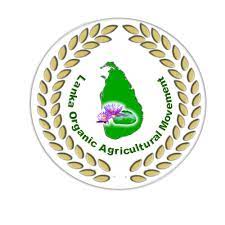The RIVER Project aims to enhance the working conditions, revenues, and livelihoods of 6,000 natural rubber smallholder farmers in the Southeastern regions of Sri Lanka by providing extensive technical training.
The primary goal of this program is to elevate the economic, social, and environmental performance of the Sri Lankan natural rubber supply chain through professional training and digitalization solutions for the participating farmers.
The River Project officially commenced in January 2023 and is set to run for three years.
This program has been endorsed by the Ministry of Plantations of Sri Lanka and will receive a financial and operational support from the French Ministry of Economy and the Michelin group. It was designed by Ksapa, a French mission-driven company leading this multistakeholder coalition in a Public Private Partnership scheme.
The SUTTI digital training tool from Ksapa is used to enhance scalability and measure impacts. This project is unique as it encompasses the entirety of the supply chain, from global tire manufacturer to smallholder farmer
Education and training on cultivation practices, biodiversity, post-harvest and work safety all have the aim of achieving long-term improvements in the living conditions and economic situations of the Sri-Lankan smallholders.
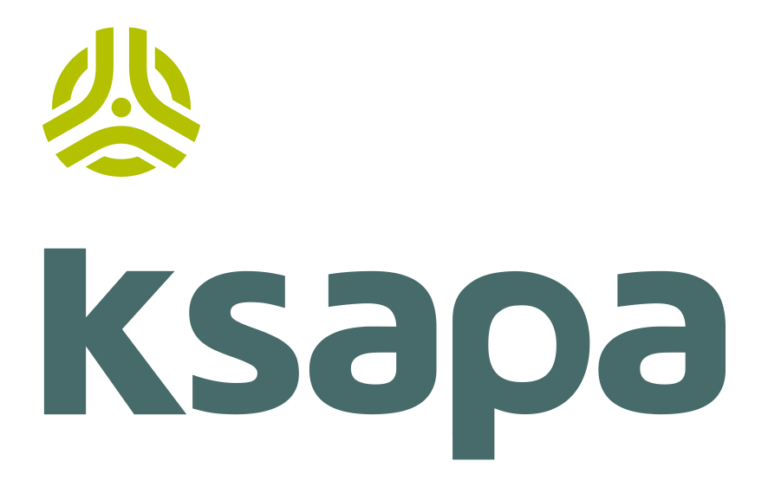
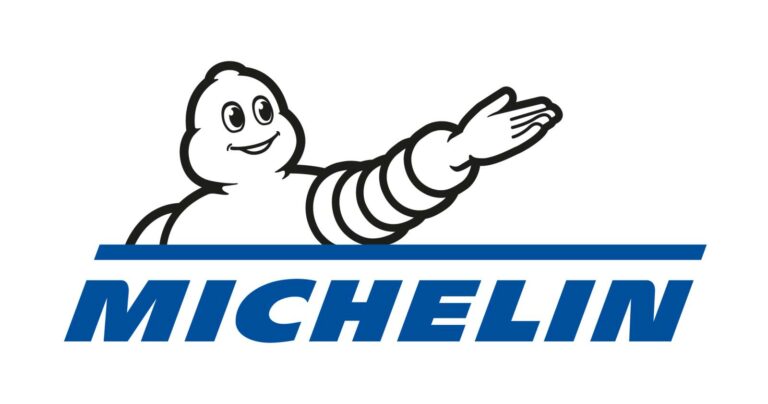
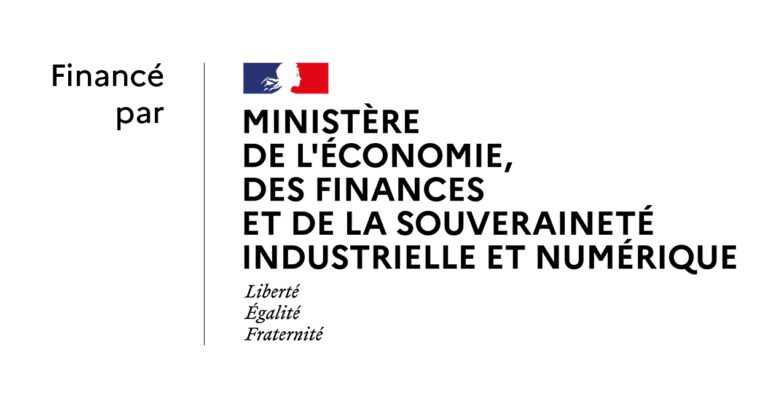
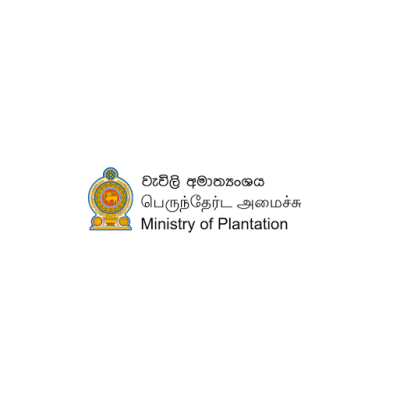

Michelin Lanka, formerly known as Camso Loadstar, will be bringing technical and operational contribution to the project on the Rubber related activities.
With the support of a dedicated project team, several training sessi ons will be organized for each group of farmers participating to the program, to cover different topics, including : tapping technique and frequency, pest & disease, RSS making and panel management, …

The LOAM team will be providing beneficiaries trainings on non-rubber activities for Income Diversification : Home Gardening and Intercropping .
The Home Gardening trainings will teach the beneficiaries various techniques of management of lands and cultivations to improve their food security.
Intercropping trainings will consist of showcasing the importance of intercropping within existing rubber plantations of different maturity stages. Several demonstration plots are established for the farmers to visit and learn hands-on the best practices and recommendations. The design of the models was based on the studies and recommendations of the Rubber Research Institute of Sri Lanka.
